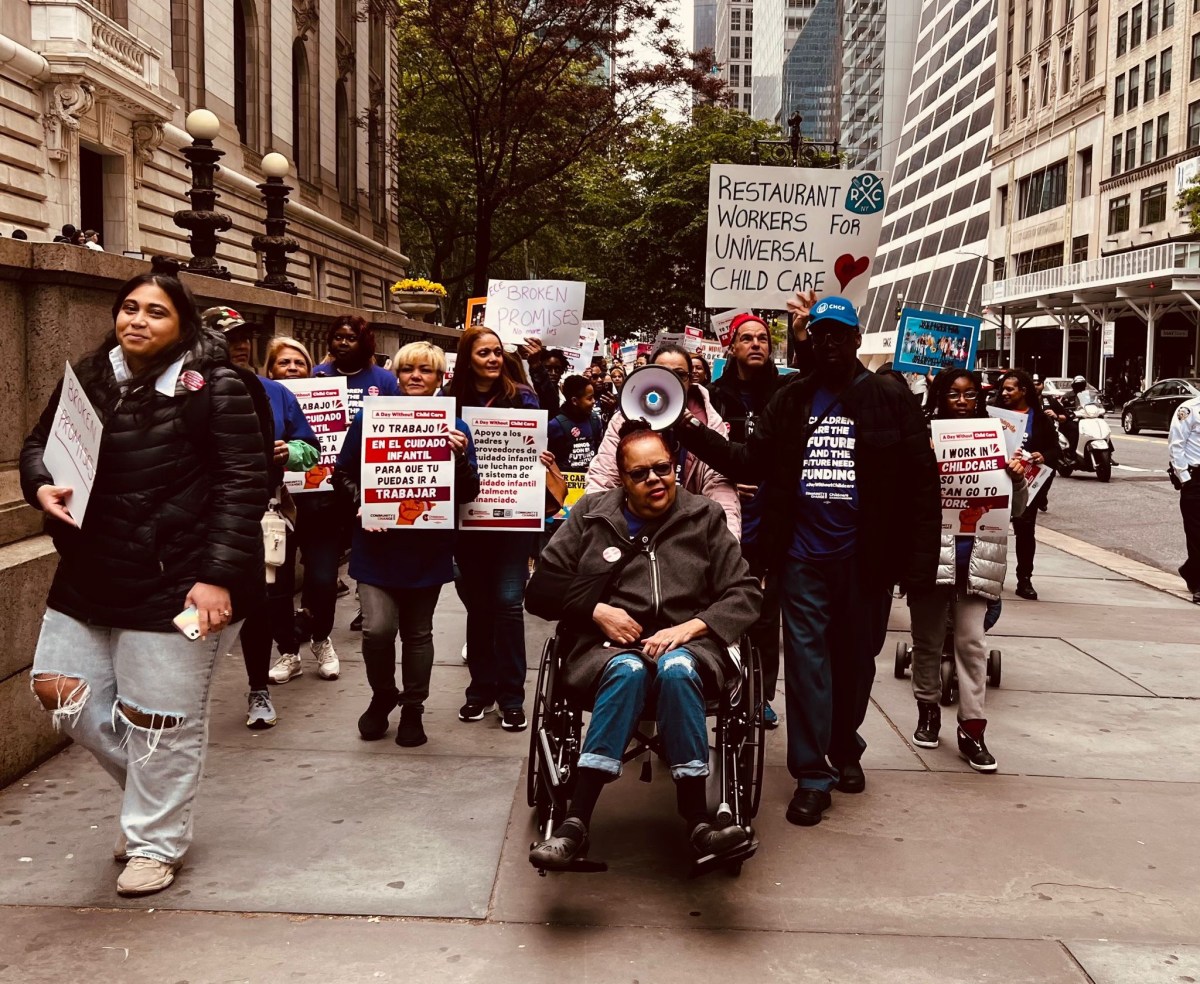Getting very low interest rates can be quite discouraging, especially when they trail behind the rate of inflation. The…
More and more individuals are seeking to park their hard-earned cash in a safe place where they can get more bang for their buck.
Getting very low interest rates can be quite discouraging, especially when they trail behind the rate of inflation. The dilemma leading the general public is where to get that better rate of return. And that question leads us to the changing bank environment of cyberspace saving.
An estimated one out of every four households on the net is shopping around on the Internet for the best rates of return on their nest eggs. Rather than sheltering their savings in the traditional brick-and-mortar banks of CITI and Chase, many people are entering into the world of the branchless virtual banks such as Internet USA, ING Direct and NetBank.
These banks do their business exclusively on the Internet and are supplemented by phone and mail. They are attractive because they offer one-year CD rates of 2.25 percent and nearly 3 percent for two years — a far cry from the anemic 1/2 percent yields at regular banks.
Low overhead enables them to offer these very competitive rates, but online banking has yet to catch on with most consumers since it appears quite clear that saving through this method is not for everyone. With word on the street that interest rates may be on the rise shortly, many consumers are electing to maintain their present non-online banking positions.
Another reason many shy from online banking is online fraud. Many consumers remain reluctant to forward large sums of money on the net for fear of losing it. Although an online bank may list an FDIC logo, is it really protected by the FDIC? This doubt can be easily overcome by a direct call to the FDIC.
Even so, one should be careful in insuring that his or her privacy software is current with an efficiently well-guarded password.
But perhaps the biggest deterrent is the practice of “phishing.” This is when scam artists, through a series of e-mails, request from the depositors an update of their billing information. They will request you to link up to an authentic-looking Web site and resubmit your personal information.
These perpetrators disguise themselves quite well. The key here is that no matter how good it looks, never respond to their instructions but always call the company directly.
So how’s business in cyber banking? Cyber banking will mimic the mighty oak in taking root with strong continued growth.
Joe Palumbo is the fund manager for The Palco Group Inc., an investment company, and can be reached at palcogroup@aol.com or 718-461-8317.































